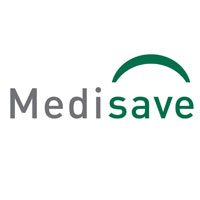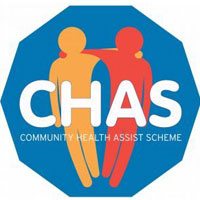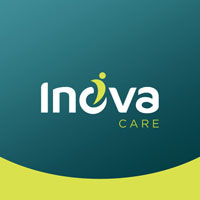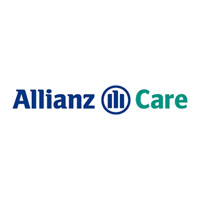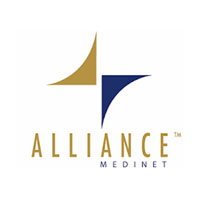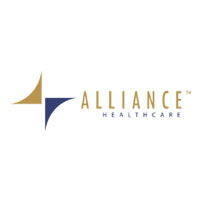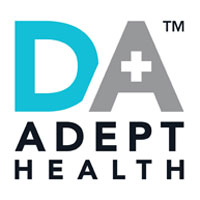Recently, people have considered the value of working with a dentist to manage their sleep-breathing problems, even though dental sleep medicine has been around for over three decades. It was first pursued in conjunction with other treatments (namely continuous positive airway pressure, or CPAP) for obstructive sleep apnea (OSA). Because dental technology has advanced in effectiveness and comfort for snoring mouthpieces and oral devices, dentists now find themselves at the forefront of sleep medicine, especially in support of alternatives, like oral appliance therapy (OAT), for patients with OSA who are unhappy with CPAP. Despite this, many patients (and even dentists and physicians) still don’t recognize the relationship between oral health and sleep-breathing disorders. This recent mainstream emergence of dental sleep medicine stands to change that.
What is Dental Sleep Medicine?
Dental sleep medicine is a branch of specialty dentistry which focuses on the use of oral appliance therapy, COAT (Continuous Open Airway Therapy) to treat sleep-disordered breathing, including snoring and obstructive sleep apnea (OSA). Dentists work together with sleep physicians to identify the best treatment for each patient. Although people misplace Dental Sleep Medicine with Sleep dentistry, Dental Sleep Medicine is not sleep dentistry. Sleep dentistry refers to the use of sedation to perform dental work.
Dentists and COAT (Continuous Open Airway Therapy)
An oral appliance is a device worn in the mouth only during sleep. It fits like a sports mouth guard or orthodontic retainer. The oral device is an effective treatment that prevents the airway from collapsing by supporting the jaw in a forward position, resulting in COAT.
Snoring or Obstructive Sleep Apnea
Snoring is a universal warning sign for obstructive sleep apnea. Before treatment, you should be diagnosed by a board-certified sleep medicine physician. If you have to snore without sleep apnea, your doctor should give you a prescription for an oral sleep appliance. If you have sleep apnea, your doctor will discuss treatment options with you.
The most general form of treatment for sleep apnea is continuous positive airway pressure (CPAP) therapy. The CPAP machine keeps your airway open by forcing air through flexible tubing. CPAP therapy requires you wearing a mask while sleeping. Although CPAP therapy offers superb results, some people are unable to adhere to it. Your doctor may consider offering you a different prescription for a sleep apnea appliance if you are unable to comply with CPAP therapy or prefer an alternative treatment effectively. Many people like an oral appliance because it is comfortable, quiet, portable and easy to wear.
The Roles of Dentel Practitioners in Dental Sleep Medicine
1. Recognize oral signs and symptoms of OSA
2. Identify and screen patients who snore or may suffer from OSA
3. Educate patients on potential sleep-disordered breathing issues
4. Promote potential patients to be tested (PSG/HST)
5. Provide alternative treatment to CPAP and Surgery
6. Selection, fitting, adjustments, and follow-up care of the oral devices
7. Be a part of the treatment team, along with physicians, dedicated to improving your patient’s quality of life through better sleep
Make an Appointment Today!
NoFrills Dental @ Marina Square
6 Raffles Boulevard,
Marina Square,
#B1-11
Singapore 039594
T: +65 6227 8885
E: marinasquare@nofrillsdental.com.sg
NoFrills Dental @ Suntec City
3 Temasek Boulevard
Suntec City (North Wing)
#03-317
Singapore 038983
Call Us Today
+65 9007 1085


